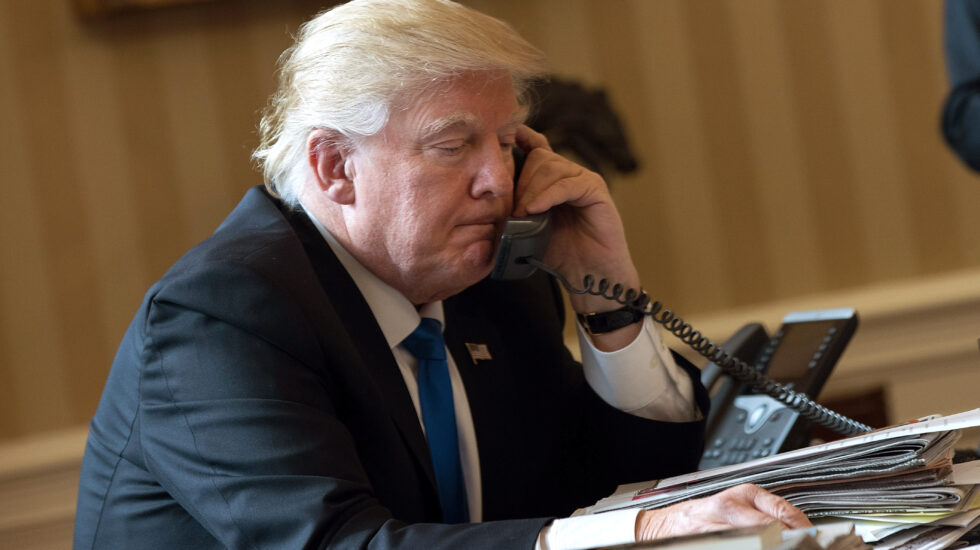With all of the headlines and network news blaring about the U.S. and others massively sending home Russian officials in response to poisonings in Britain, let’s pause for some context and perspective.
By the reckoning of many Western analysts, this is the least that should be done, and despite all the coverage that might lead you to believe otherwise, it’s a rather weak and ineffectual response to Putin. History shows that such “diplomats expelled, consulates closed” moves almost always boil down to a kind of tit-for-tat and that’s-that situation.
Weak as this latest act is, President Trump didn’t want to do it and he made it clear that he did so only reluctantly. If he really wanted to provide a tough, meaningful response he would tighten down much more with economic sanctions, especially ones that would directly affect Putin and his billionaire oligarch backers. And he would enlist Western allies in doing the same. (Some new economic sanctions recently were imposed for Russian interference in U.S. elections and for other cyber attacks and hackings. But there is more, much more—according to many experts—that could be done).
But Mr. Trump isn’t doing that. He resisted joining Western allies in even the expelling move and made it clear he was doing so only reluctantly.
Many see this as a continuation of the President’s being “soft on” or “pandering to” Putin, and think such behavior is dangerous to the U.S. Others—and not all of them Trump loyalists—see it as perhaps necessary to avoid dangerous further ruptures in relations with Russia.
In broad context, this is all deeply complicated and is destined to be played out, with all of its dangers to world peace, over a long period stretching far into the future.
John Meacham, historian and author at Vanderbilt University, says that what has happened and is happening with Putin, Russia, Trump and the U.S. is likely to go down as the defining characteristic of the Trump administration. And he believes it may well become the defining story of this whole historical era.



